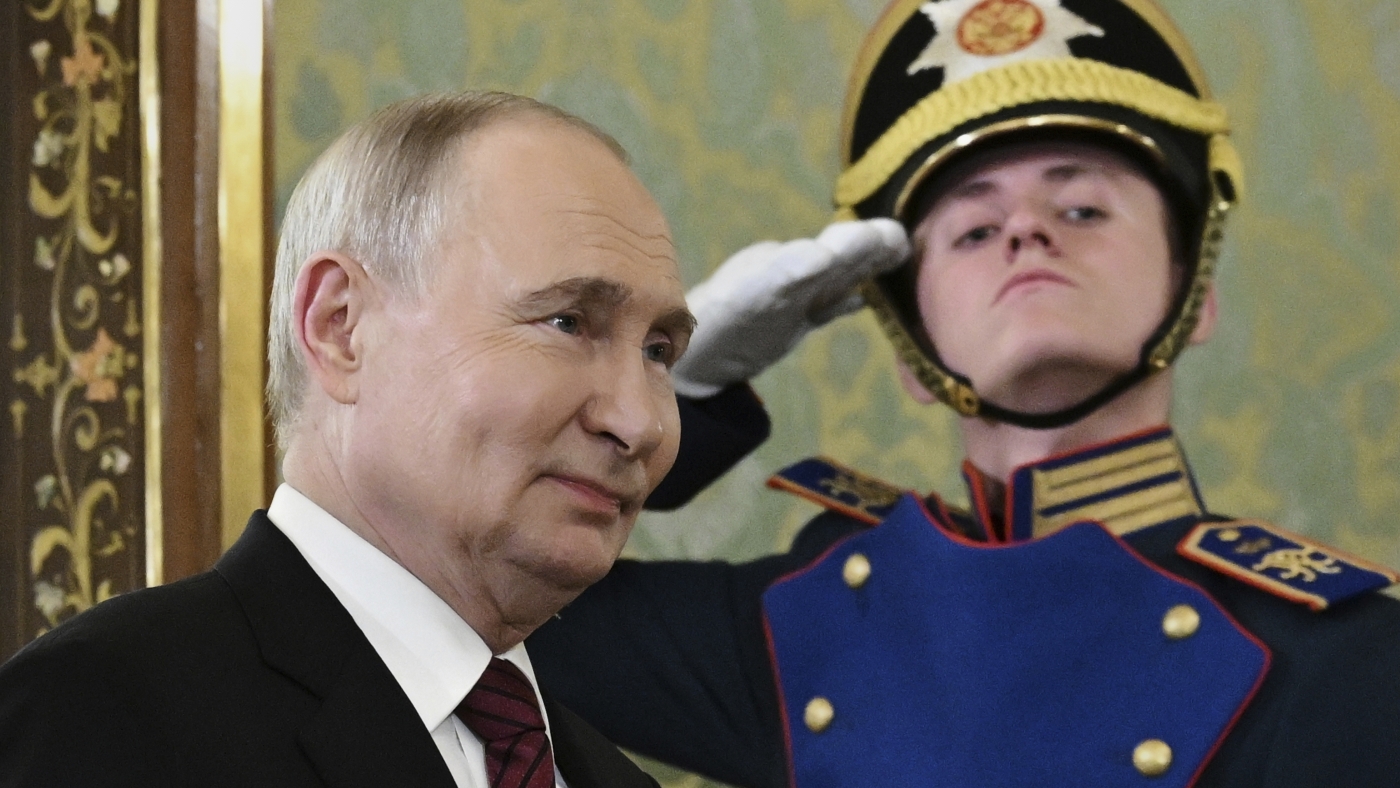Putin’s Proposal for Direct Peace Talks with Ukraine: A Critical Analysis
Introduction
The war in Ukraine has been one of the most devastating conflicts of the 21st century, with global repercussions. On May 11, Russian President Vladimir Putin made a surprising proposal: direct peace talks with Ukraine, to be held in Istanbul on May 15, without preconditions. This announcement has sparked intense debate among policymakers, analysts, and the international community.
Is this a genuine overture for peace, or a strategic maneuver to ease mounting pressure on Russia? What are the implications for Ukraine, its allies, and global security? This analysis examines the proposal’s context, key players, potential obstacles, and the likelihood of success.
The Strategic Timing of Putin’s Proposal
A Response to International Pressure
Putin’s offer did not emerge in a vacuum. In the weeks preceding the announcement, Ukraine and its Western allies—including France, Germany, Poland, and the UK—had been pushing for an unconditional 30-day ceasefire. Russia, facing increasing diplomatic isolation and economic sanctions, may have seen this as an opportunity to recalibrate its stance.
By proposing talks without preconditions, Putin avoids outright rejecting the ceasefire demand while maintaining ambiguity over Russia’s actual commitment to de-escalation.
Echoes of Past Failures
This is not the first time Istanbul has been proposed as a negotiation site. In early 2022, shortly after Russia’s full-scale invasion, Turkey hosted peace talks that ultimately collapsed. The failure of those discussions casts a long shadow over the current proposal. Skeptics argue that without concrete concessions from Russia—such as troop withdrawals or a ceasefire—these talks may suffer the same fate.
Why Istanbul? The Role of Turkey as Mediator
Erdogan’s Balancing Act
Turkey’s President Recep Tayyip Erdogan has positioned himself as a key intermediary between Russia and Ukraine. Unlike NATO allies, Turkey has maintained economic and diplomatic ties with Moscow while supplying drones to Kyiv. This neutrality makes Turkey an ideal mediator—but also raises questions about its ability to enforce any agreements.
A Test for Turkish Diplomacy
If the talks proceed, Erdogan’s challenge will be ensuring both sides negotiate in good faith. Past mediation efforts have been undermined by distrust and shifting demands. Turkey’s leverage—stemming from its control of the Bosporus Strait and its role in Black Sea grain exports—could be pivotal in keeping discussions on track.
The Core Issues: What’s Really on the Table?
The Ceasefire Dilemma
Ukraine’s primary demand has been an immediate cessation of hostilities. Putin’s proposal sidesteps this, instead calling for talks “without preconditions.” This discrepancy is a major sticking point. Without a ceasefire, Ukraine may see negotiations as a stalling tactic, allowing Russia to regroup militarily.
Territorial Disputes and Security Guarantees
Any lasting peace must address the status of occupied territories—Crimea, Donetsk, and Luhansk—as well as broader security assurances for Ukraine. Putin’s vague reference to “eliminating root causes” leaves room for interpretation. Will Russia entertain territorial concessions, or will it insist on legitimizing its annexations?
International Reactions: Support and Skepticism
Cautious Optimism from Some Quarters
Former U.S. President Donald Trump praised the proposal, calling it a “step in the right direction.” Other leaders, however, remain wary. The EU and U.S. have warned of further sanctions if Russia does not commit to a ceasefire, suggesting they view Putin’s move as a potential ploy rather than a sincere peace effort.
Ukraine’s Calculated Response
President Volodymyr Zelenskyy has not outright rejected the proposal but has emphasized that any talks must lead to tangible results—not just dialogue for dialogue’s sake. Ukraine’s insistence on a ceasefire and territorial integrity means the success of negotiations hinges on Russia’s willingness to compromise.
Obstacles to a Breakthrough
Trust Deficit
Years of broken agreements, from the Minsk accords to the 2022 Istanbul talks, have left deep scars. Ukraine has little reason to believe Russia will honor any new commitments without external enforcement mechanisms.
The Shadow of Escalation
Even if talks begin, the risk of renewed offensives looms. Russia could use negotiations as cover for military consolidation, while Ukraine might seek to leverage battlefield gains to strengthen its position. The absence of a ceasefire exacerbates this volatility.
Conclusion: A Fragile Opportunity
Putin’s proposal is a double-edged sword. On one hand, it offers a rare opening for diplomacy in a war that has claimed hundreds of thousands of lives. On the other, the lack of a ceasefire commitment and Russia’s ambiguous stance on key issues cast doubt on its sincerity.
For these talks to succeed, three conditions must be met:
The world will be watching Istanbul on May 15. Whether this proposal marks the beginning of peace or another chapter in a protracted conflict depends on the choices made in the coming days.











